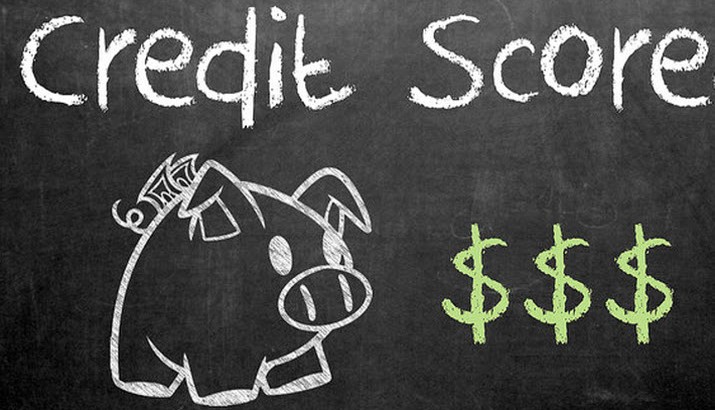How to Improve Your Credit Score to Purchase a Home
There are many state and local organizations available to help low-income earners buy their first home. As with anything, they all have different eligibility requirements regarding approval; this can include income level, debt and employment history, etc. However, the one thing all lenders have in common is that borrowers must have an adequate credit history. Some programs even specify a minimum credit score, such as the Minnesota first time homebuyer program that requires a minimal score of 640. Luckily, there are many things that can be done to clean up your credit score or improve it beyond what it is.
What Is a Credit Score
A credit score provides a means to measure the risk of providing an individual with credit. In the US, the most commonly used credit score is provided by the Fair Isaac Corporation, commonly called FICO. Using a formula that takes into account your credit payment history, credit use and credit references, a credit score is calculated, a number ranging from a high of 850, demonstrating excellent risk, to below 579, demonstrating a very poor risk. This number is provided to the three main credit bureaus: Experian, TransUnion and Equifax - Learn how to get a free copy of your credit report every year here.
Document Everything
Once you start working on repairing your credit, be sure you document everything. Make a note of who you speak with and when. Get the full name of that person and their telephone number or extension. If a creditor makes a settlement offer to you, or the option to set up a repayment plan, ask that the agreement be sent to you in writing. Once a creditor agrees that the account is settled in full, ask for written confirmation.
Revolving Credit Card Accounts, Installment Accounts, Medical Charges and Other
If you have debt that is dated/old, it may have been sold off to a collector and that collector may have sold it to another and so on. Ignore repeated listings for the same debt and focus in on the most current owner of your debt. Contact that agency to try and negotiate a settlement as cheaply as you can. While you may have to dig into your savings to settle a debt, you may not be able to get any mortgage or further credit until you clear the debt. When speaking with a collection agent, ask them “what is the lowest amount that would be acceptable to settle the debt.” Consider this amount simply the starting point for you to offer a significantly lower amount. Do not agree to settle unless you are comfortable that you can pay the settlement. Once an agreement has been reached on the telephone, ask for it to be sent to you in writing.
Medical and other charges that you feel should have been paid by a third party, such as your health insurance, need to be approached differently. If you had medical insurance at the time of the treatment, contact your health insurance company to find out why it hasn’t been paid. If the claim was not submitted properly, do what you need to do, such as contact your doctor’s office. If the charge is legitimate and recent, you will need to pay it. The improved FICO could mean not only the difference between getting or not getting a mortgage, but also the difference between a higher or lower interest rate.
Clearing up Your Credit Report
Ideally, the collection agency that you have paid off or settled with should report to the credit bureaus that the account is no longer in arrears. Unfortunately you cannot count on that happening. Carefully review your credit reports and follow the instructions of each credit bureau on how to file a dispute. Make copies of all of paperwork before putting anything in the mail. Send the paperwork only to the agency or agencies that report the debt you are referencing. Depending on the timing that the agency receives the paperwork documenting the clearing of the debt, your credit score could be affected as quickly as the next reporting cycle.
For negative accounts that you do not believe are your responsibility, such as should have been covered by medical insurance, a debt that does not belong to you, or you simply don’t agree with the debt, send a letter to the appropriate agency disputing the charge and explain why. While you should never dispute legitimate debt, having an explanation on file, with good documentation or a thorough letter of explanation, may cause a lender to overlook the debt.
Timely and thorough work on debt settlement will take you closer to owning your first home. Once you have cleared up what you can, work with your banker and/or loan officer. Show him what you have accomplished. If there are still some remaining obligations, he may offer you some help and/or advice on how to clear them up … moving you that much closer to owning your own home.

